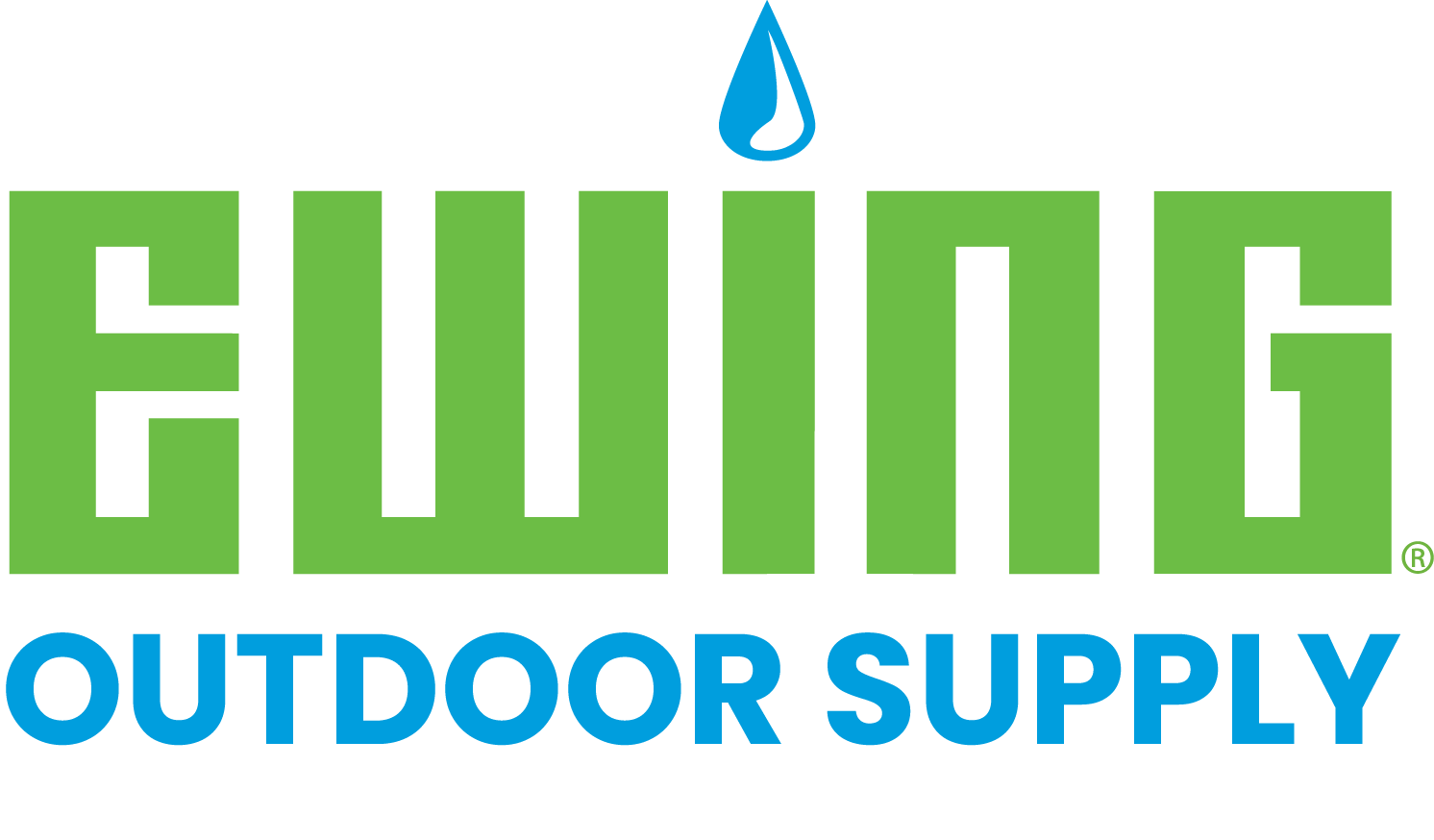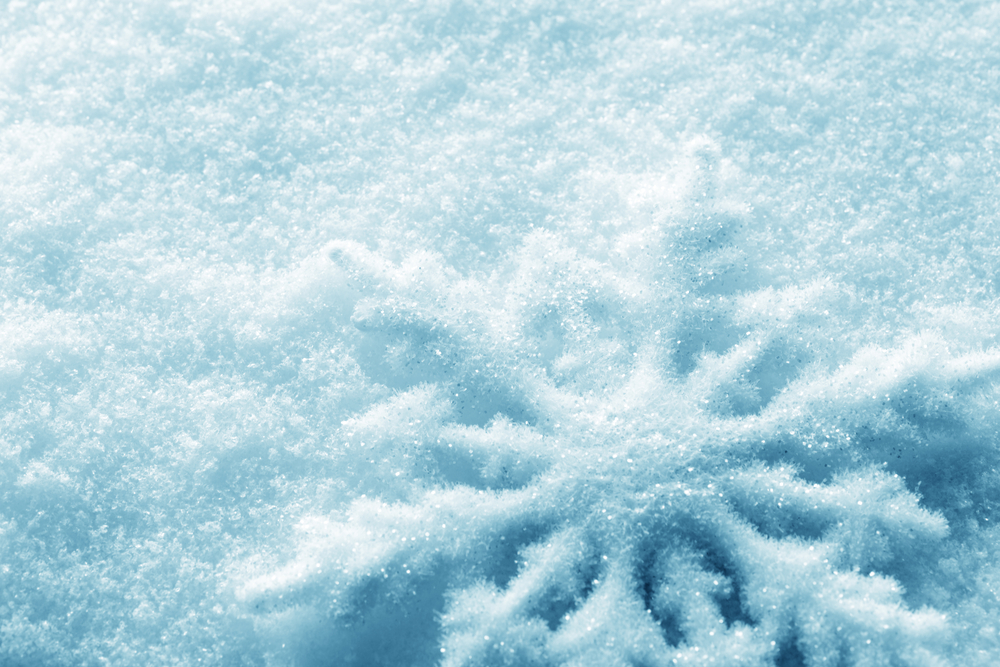 An irrigation pump is a substantial investment, and one that most homeowners and businesses are very interested in preserving. Make pump winterization part of your seasonal offerings – this valuable practice could save your customer’s pump! With a few simple tips, pump winterization is a breeze.
An irrigation pump is a substantial investment, and one that most homeowners and businesses are very interested in preserving. Make pump winterization part of your seasonal offerings – this valuable practice could save your customer’s pump! With a few simple tips, pump winterization is a breeze.
Follow these simple steps:
- Turn off power and water. Turn off the lawn controller and source water valve – break suction vacuum.
- Disconnect. Disconnect any monitoring devices, such as transducers, temperature sensors or pressure sensors. At a minimum, all water should be removed, and if possible, monitoring devices could be stored somewhere that they will not risk freezing. If feasible, disconnect the water source and discharge piping.
- Remove water. Open the top and bottom drain valves to remove water from pump chambers.
- Close drains. Once the water is drained from the pump case, close the drain valves.
- Preserve the pump. Move the pump inside, or leave it in place and fill the pump with non-toxic RV antifreeze (just past the eye of the impeller).
Wait a minute…what?! Did you say antifreeze…in the pump? Yep!
The non-toxic RV antifreeze will reduce oxidation on cast iron pump cases and help keep the impeller free for spring start up.
[box type="info"]It’s important to use a non-toxic RV antifreeze, ethanol or propylene glycol, which is made for potable water systems. This is completely different from standard automotive antifreeze, which should not be used to winterize a pump. Also, because some RV antifreeze is recycled from industrial uses where it can pick up trace chemicals that may harm vegetation, it’s best to choose a brand that is advertised as “virgin” and has not been used before.[/box]
Any residual antifreeze in the case should be diluted enough upon start-up that it should not harm plants. To take extra caution, the case could be flushed with water.
To avoid waste, save and reuse the antifreeze for several winters.
Do not use RV antifreeze to winterize centrifugal pumps with plastic impellers, as it may damage the pump. The best tip for those pumps is to bring them inside.
The more comfortable you are with irrigation pump systems, the easier it is to help your customer with common troubleshooting problems and provide useful tips – making you an invaluable resource and part of their team!
 But you don’t have to be the expert…call the Ewing Pump Hotline for help with troubleshooting, best practices or any pump related question at 1-844-PUMP-PRO!
But you don’t have to be the expert…call the Ewing Pump Hotline for help with troubleshooting, best practices or any pump related question at 1-844-PUMP-PRO!




